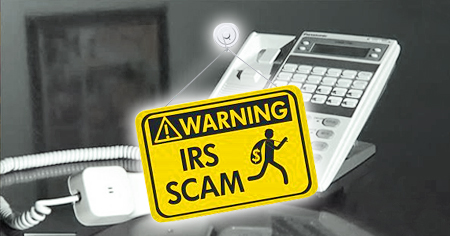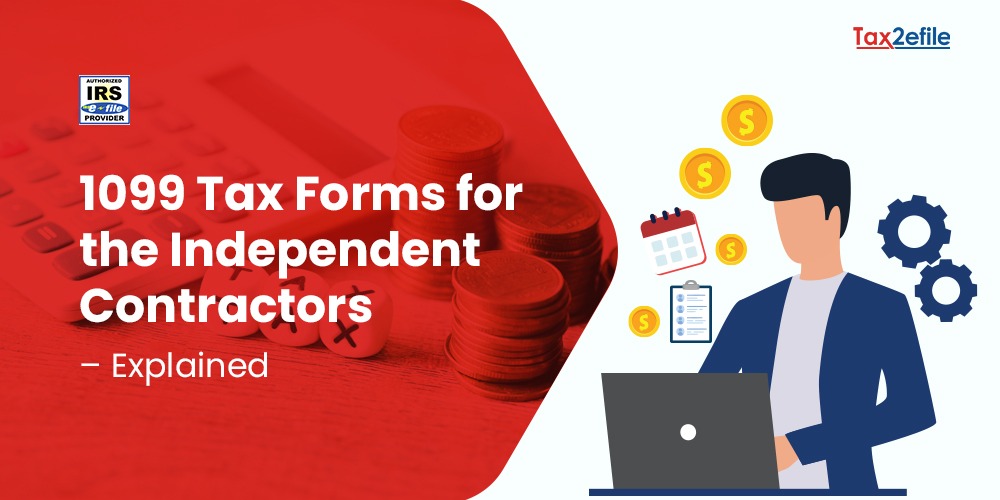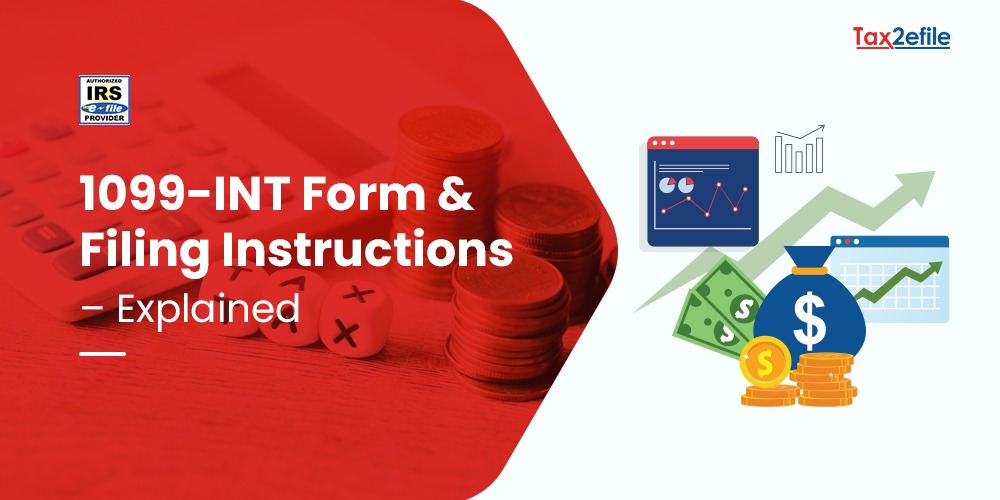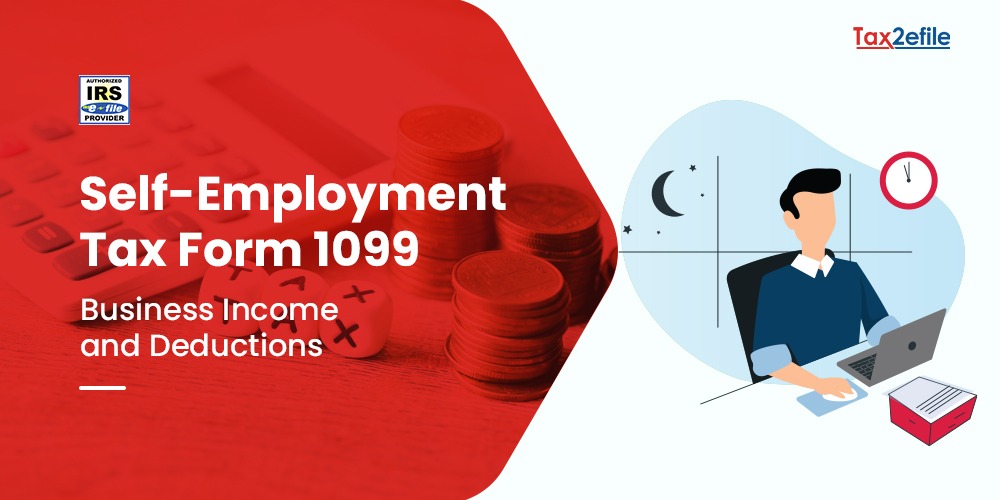- July 11, 2017

During the past tax filing season, most taxpayers received tax tips in their email inboxes directly. Those tax-filing tips helped the tax filers to get tax-related information and helped to file their tax returns appropriately. As the taxes are year-round for most of the taxpayers out there, many taxable scenarios also arise during the summertime. Hence, the Internal Revenue Service provides a summertime tips program starting from July 3rd, 2017. The IRS wants the taxpayers to sign up for the email service so that they can get the basic information and clarification on their taxes. It also lets the tax filers learn about the tax complications of events, which occur more often during the summertime.
Table of Contents
Summertime Tax Tip Topics
A few of the Summertime Tax Tip topics that are offered by the IRS in this tax season 2017 -18 include the following:
1. Beware of the tax scams as those tax scams do not take vacations.
2. Teens and their summer part-time jobs.
3. Tax implications on vacation home rentals.
4. Tax implications that you need to know before getting married.
5. IRS notices – What you could receive in the mail from the IRS
Those IRS tax tips that are sent through the email service are available in both English and Spanish. The provided tax tips are new and they hit the email inboxes every three times a week during the month of July and August. The subscribers are also entitled to receive the tax tip every day of the week during the tax filing season and issue special edition tax tips throughout the year.
The summer tax tips are more helpful to the tax files as they come in plain language and importantly it covers a wide range of essential topics that are related to taxes. Among the tax tips, the IRS warns taxpayers in this summer tax filing season to watch for tax scams.
IRS Warns About Summer Time Tips
Recently the Internal Revenue Service issued a warning related to tax fraud, which is continuing across the nation even though most of the tax filing is completed by the taxpayers. In spite of those conditions, people need to remain on alert to the emerging schemes that are involved in the tax system. Discussing a few of the swindles from which the people need to keep away.
Robo-call Messages:
Remember that the IRS never calls and leaves a prerecorded message for a callback. In this case, the scammers warn the persons that if they do not call back, they will issue a warrant against the victim. If a person attends the call, then he/ she will be asked to make an immediate payment either by debit card or through wire transfer.
Private Debt Collection Scams:
Recently the IRS started to send emails directly to the small group of taxpayers whose overdue tax accounts are assigned to private sector collection agencies. Hence the taxpayers must be alert for the scammers who are posing as private collection firms. The IRS-authorized firms will call about a tax debt the person has had.
EFTPS scam:
Electronic Federal Tax Payment System (EFTPS) linked scam is a new way that scammers do in recent times. In this case, the scammers call and demand an immediate payment. The caller also adds that he/she is associated with the IRS and says that letters mailed to the taxpayer were returned to the IRS as undelivered.
Finally, the scammer threatens the victim with arrest if the payment is not made immediately. And the victims are told that the debit card is linked to the EFTPS, which is controlled by the scammer.
Scams Targeting a Specific Sector of People:
Persons with limited English proficiency are the recent target of the phone scams that continue to occur across the country. Here the con artists converse with the victims in their native language and threaten them with police arrest, deportation, and license revocation among other things. The scammer warns the victim to pay the tax amount promptly else they need to face the consequences.
How to Ensure it is a Call from the IRS?
The IRS contacts the people through regular mail delivered by the United States Postal Service. In a few cases, the IRS will connect you via call or come to the home in the following circumstances:
-
- · When the person has an overdue tax bill.
- · When there is a need to secure a delinquent tax return or employee tax payment.
- · Auditing the business as a tour or
- · At the time of criminal investigations.
So stay away from the tax scams and be alerted. If you have experienced or received a scam call, ensure to report them to the concerned department in IRS.


